Digital Distraction: E-Commerce Myths & Realities
As the line between click-and-order and brick-and-mortar continues to blur, our preoccupation with the impact of online retail misses the point, an industry veteran contends.
By Kenneth Katz
The narrative is so well established that even those outside the retail industry know the basics. In this new age of e-commerce, the story goes, brick-and-mortar retailers are struggling to keep up with online competition. It’s buying online vs. standing in line, brick-and-mortar vs. click-and-order, mighty Amazon vs. a lumbering, expensive, outdated store.
But that often-told tale is misleading and incomplete. To understand how we should be thinking about retail’s future, we need to consider context and think critically about how evolving consumer preferences will shape the retail landscape.
Failure is normal
These days it seems as if every time a retailer struggles or closes some stores, there’s an immediate instinct to blame e-commerce. But retailers have failed for as long as retail has been around.
If we move past the digital scapegoating, we can find an abundance of reasons: mismanagement, market competition, changing consumer tastes and failure to adapt, to name a few. Yet somehow those factors always seem to go unremarked. Failure might be common; not learning from that failure is problematic.
Changing room
While we’ve seen an uptick in prominent closures in the last six to 12 months, many of the factors that led to those closings are neither new nor especially alarming. Some big names that have closed their doors had been struggling for decades. Online competition is an issue, but it isn’t always decisive.
The notion that brick-and-mortar is obsolete would be news to the growing number of online retailers that understand the enormous value of a physical presence. Those brands are acting like brick-and-mortar is the beginning of something exciting. E-commerce isn’t emptying the retail pond–far from it. But it is has dropped a pebble in that pond–and retailers do need to respond to the resulting ripples.
Natural selection
The story of retail is one of perpetual adaptation. Retailers have always had to adapt to changes in their environment, and to changes in the way customers shop. Its most venerable names have had to adapt in order to stay relevant and profitable. Retailers that last are unafraid to change–and they are usually very good at it.
Competitive pressure is the engine that drives the free market and produces a Darwinian dynamic. The casualty rate increases during periods of transition, but that’s also when successful retailers demonstrate their flexibility and innovation. Consider McDonald’s. Challenged by a surge of fast-casual concepts and the changing tastes of health-conscious consumers, the company has turned things around by radically reshaping its menu and introducing creative twists like all-day breakfast.
What may be the biggest brick-and-mortar evolution success story is also one of the most surprising. Viewed as vulnerable just a few years ago, Best Buy has boosted its status as a true omnichannel operator through a combination of price matching, improved customer service, efficient store layouts and a streamlined Internet shopping experience. Since 2012, the brand’s stock has quadrupled in value.
The price myth
There is a widespread perception that stores’ overhead gives an inherent pricing advantage to products purchased online. But it turns out that products often cost less in stores than they do online.
I recently conducted a small experiment, visiting a diverse mix of retailers and scanning products at random to compare in-store and online price tags. Not only did most of the in-store items cost less than their counterparts on Amazon, but in a few cases the difference was enormous–the online option was double or even triple the brick-and-mortar price.
So if price isn’t the ultimate differentiator, what is driving consumer decision-making?
The value barbell
If there’s one key point to absorb, it’s this: Consumers don’t care where they buy something. What they do care about, however, is convenience. We think of Amazon as a master of e-commerce, but what it has really mastered is convenience. The ease of one-touch ordering is alluring and addictive. In that sense, Amazon is just as threatening to other online retailers as it is to brick-and-mortar.
Of course, convenience isn’t all consumers value. If we think of shopping as a barbell with convenience at one end, the other end is experience. Sometimes shoppers want to try clothes on, take a stroll, sip a coffee, window shop or see a movie.
Whether your registers are virtual or not, the dangerous place today is that middle ground lacking both the experiential differentiators of brick and mortar and the convenience of buying online. Those are the retailers in real trouble, and it’s no surprise to see some of them struggling or shutting down.
The continuing retail (r)evolution
While Best Buy’s blueprint shows the potential for brick-and-mortar evolution, innovation and adaptation is present across the retail spectrum. Grocery brands have been particularly successful, demonstrating how to effectively combine convenience (online shopping, curbside pickup, and partnering with third parties like Instacart to overcome technical and logistical obstacles) and experience (improving in-store dining options and take-home fare and even offering alcohol service).
The way forward won’t be easy. Brick-and-mortar retailers have been doing things the same way for a long time, and overcoming inertia can be difficult. Ultimately, however, the fate of brick-and-mortar retailers won’t be determined by online competition, but by how well they can innovate and adapt to a changing world.
Kenneth Katz is a co-founder and principal of Baker Katz, a Houston-based, full-service commercial real estate brokerage firm specializing in retail tenant representation, investment sales, and project development and leasing. To learn more, visit www.bakerkatz.com or connect with Kenneth at kkatz@bakerkatz.com.


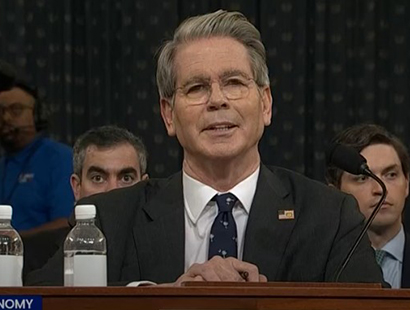
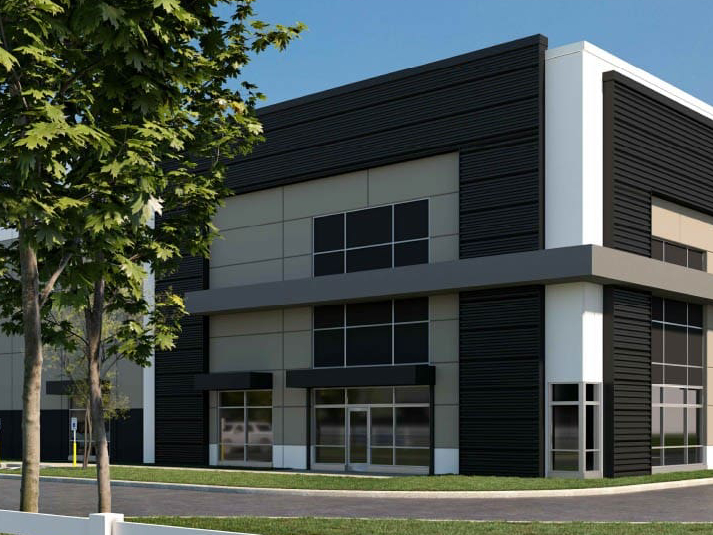
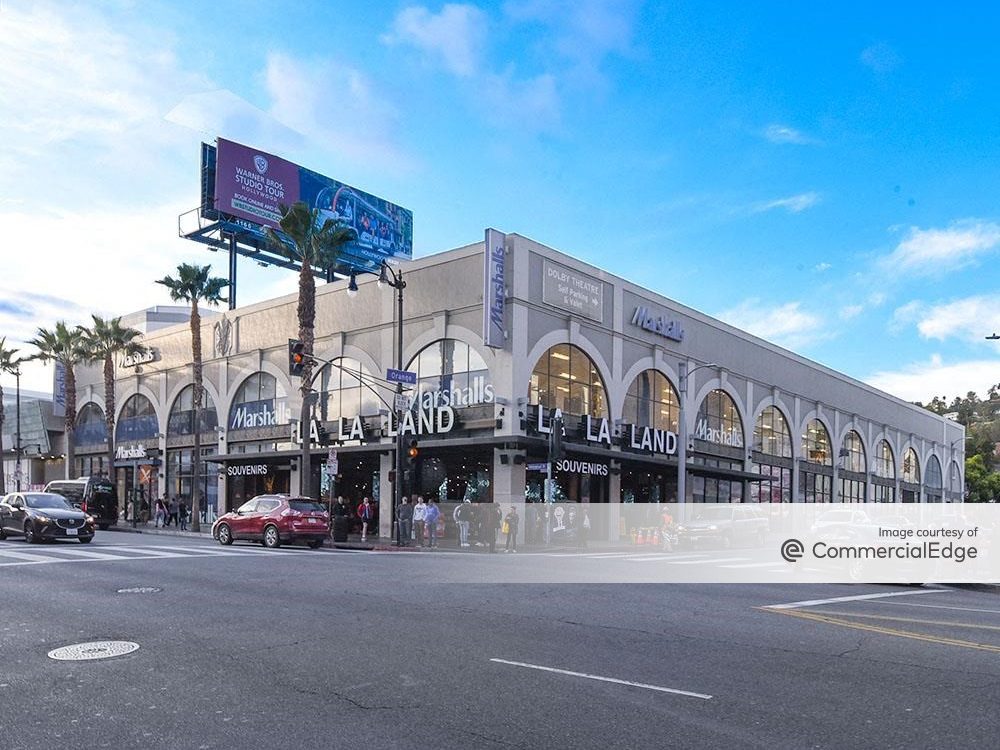
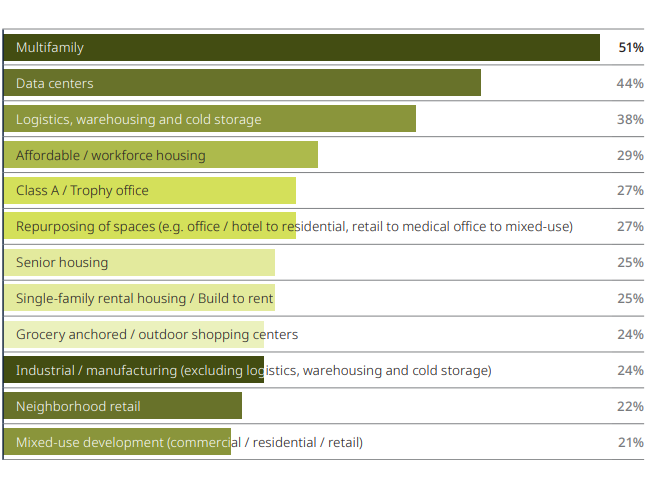
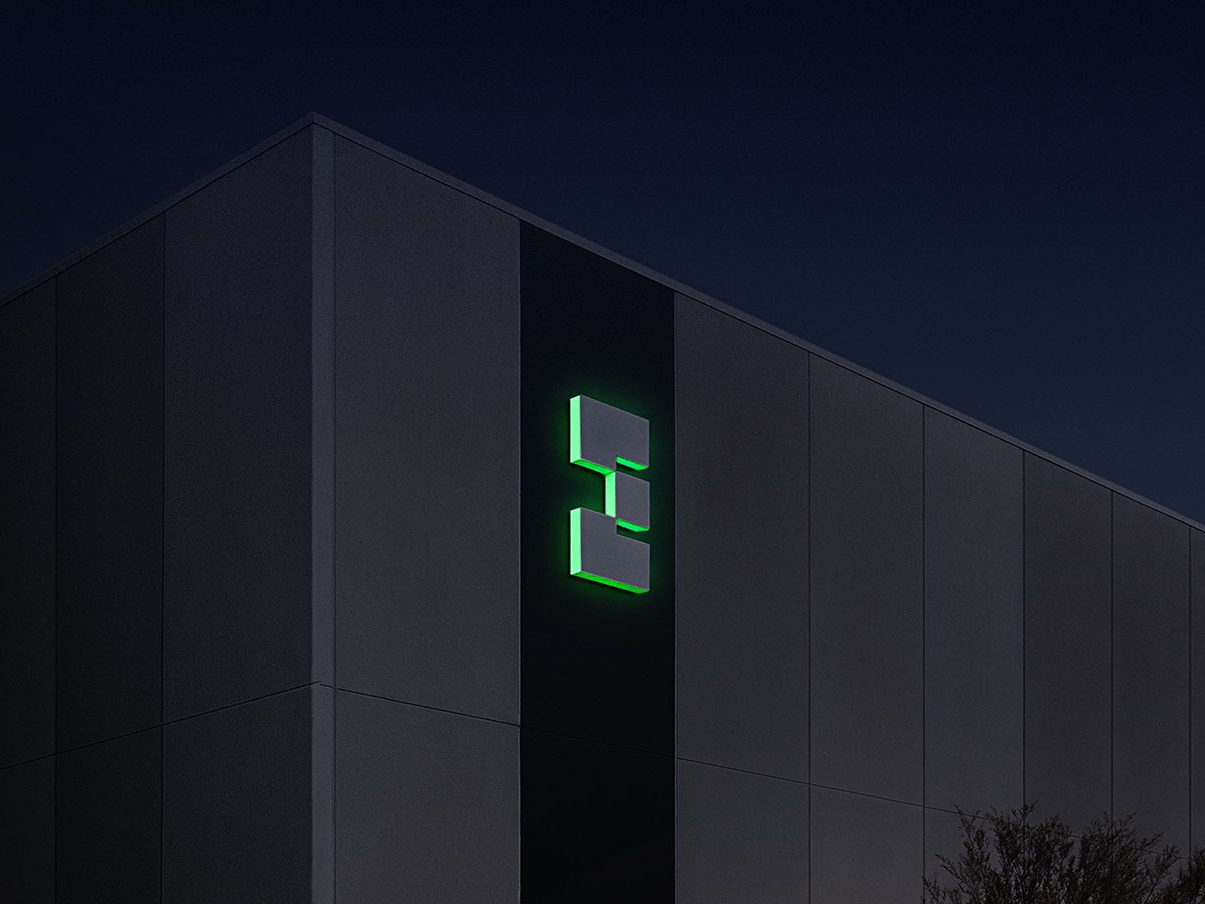
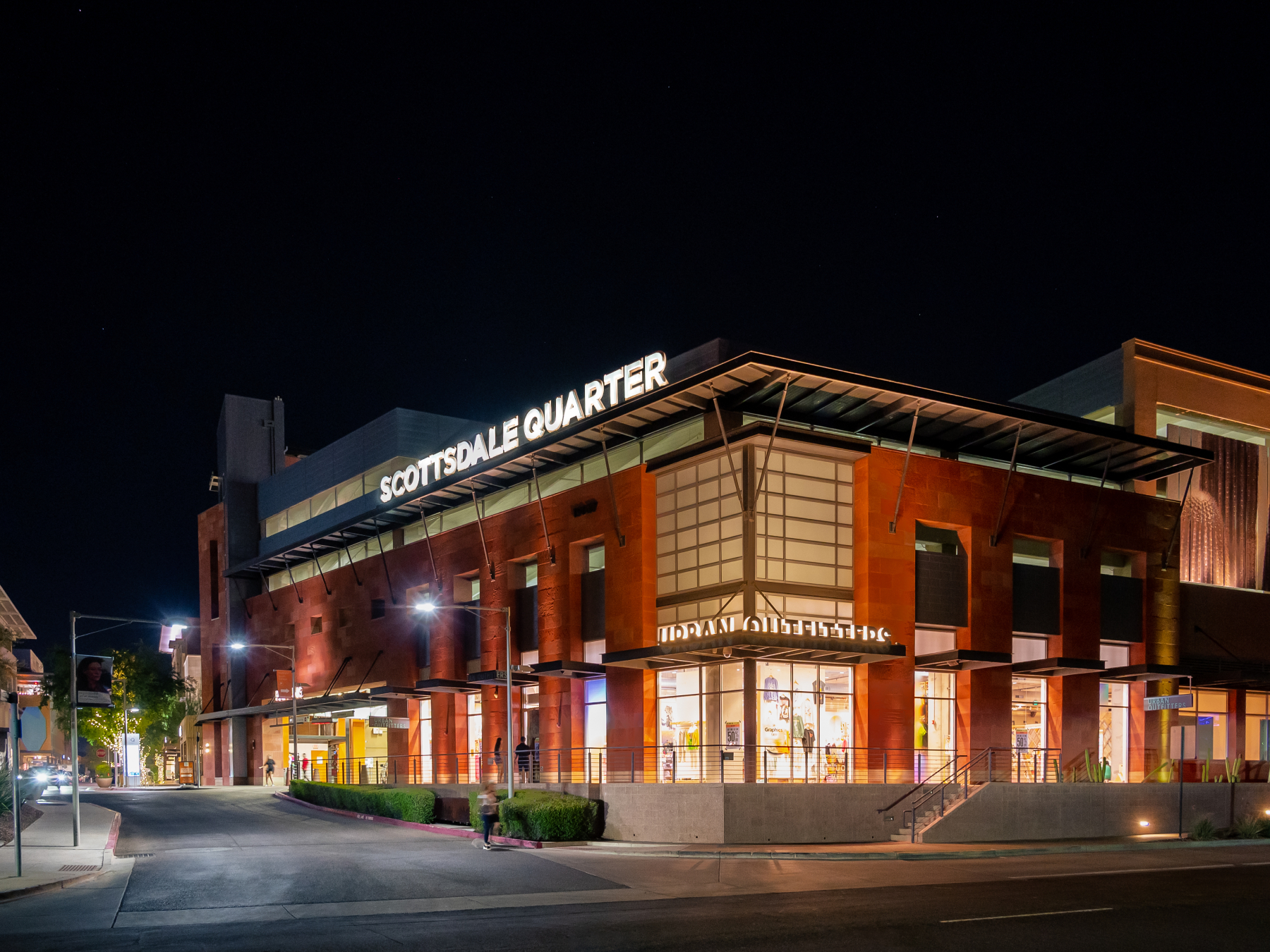
You must be logged in to post a comment.